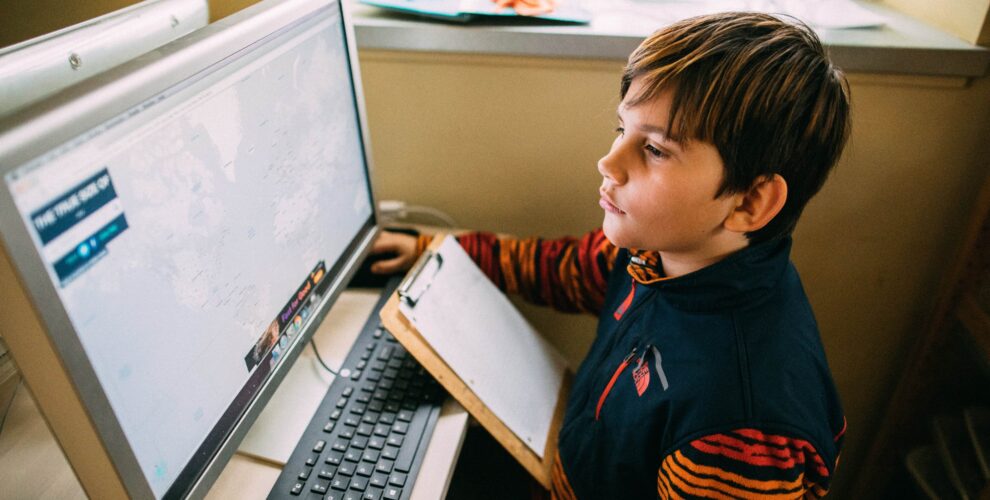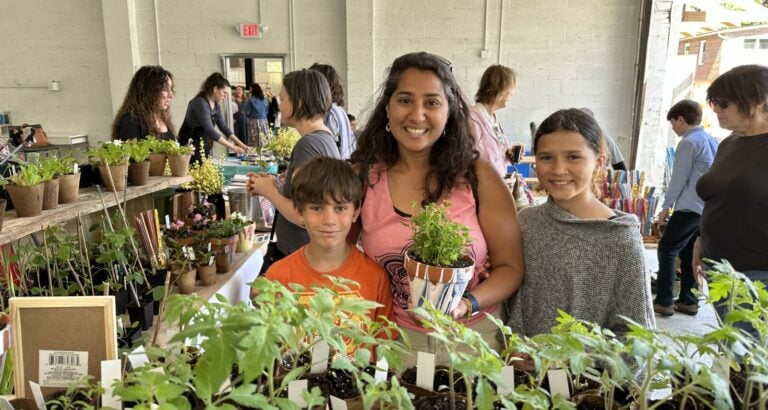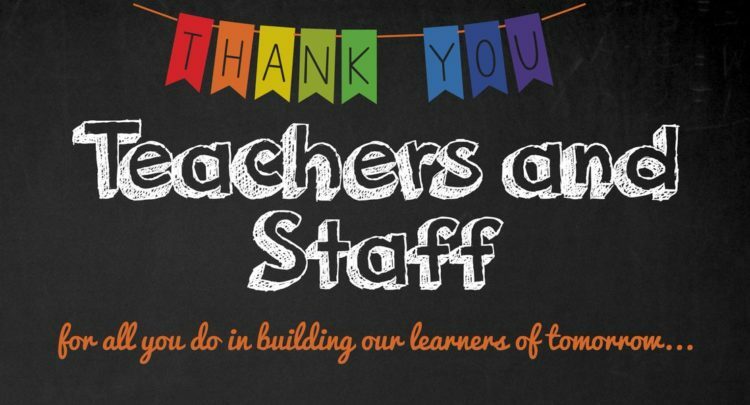Our Children & Media: A Call To Action

This past two years has been an unprecedented global experiment in the increased use and ubiquity of screens and with it the consumption of media, social and otherwise. Whether out of feelings of compassion, overwhelm, or just plain survival children were granted greater access and license to life mediated through a screen. As we observe this hyper-digital generation and the impact of media to learning, emotional states, sleep habits, attentiveness, and socialization, to name a few, I’d like to share some recent reflections I have had on this subject.
We have observed an increase in social disharmony through the increased use of chat rooms where the lack of physical cues, tone of voice, and face-to-face accountability lead to misunderstanding, ganging up, and social alienation. We gather that many students are spending a far greater amount of time socializing online or consuming others’ posts. Given that there is only so much time in a day the obvious trade-offs are less time spent with family, outdoors, socializing with friends in person, reading, or taking time with assignments. The very technologies of social media that have in ways brought the world closer together have also served to distance us from our families, friends at school, and other satisfying and healthy pursuits.
What is missing from a child’s life online are the gatekeepers and the moderators. The trusted adults and trusted peers that make up our social circles in the embodied world vanish when a child logs into their favorite social media site or chat room. YouTube, Netflix, and the like provide a wealth of informative content, but also content that flows freely and without ceasing thanks to the autoplay feature and algorithms that eliminate the need to even lift a finger to actively choose. The child becomes a passive consumer. Mesmerized by this flow of novel information the child becomes susceptible to manipulation.
When we fail to act as the gatekeepers to our child’s experience online, we fall into an incredibly dangerous inconsistency of approach to raising our children. On the one hand, as a culture, we have moved in the direction of greater and greater control of our children’s time and lives. We tell ourselves we do this because we love them and want to ensure that they have the best experiences in life. We want them to be safe, and to not experience pain or harm. We have traded endless hours spent exploring outdoors in nature and with friends from the neighborhood to a scheduled and primarily indoor existence. On the other hand, we have granted increasing license to roam freely in a largely uncharted, constantly evolving landscape. This new digital world is so vast that we as parents and educators have little to no experience of where our children go each day and with whom.
Children’s abilities for imagination, creativity, and authentic play are atrophying because we provide them with prescribed and scheduled activities, and the games and toys they interact with come already named and with a clearly defined way of using them. Whether it is the doll who talks and even instructs the user, or the video game or social media platform that has a prescribed, limited set of rules for interaction, our children are left in many ways unsupported in developing some of the most precious skills needed for life in an increasingly complex and troubled world. Beyond imagination and creativity are the skills of cooperation, collaboration, resilience, exploration, problem solving, and self-reflection, to name a few.
We live in a world that is becoming increasingly prepackaged. We seek to fill the void left by the absence of authentic experiences, relationships, real play, exploration, and creativity through entertainment. In the absence of entertainment, we don’t know what to do with ourselves. We become restless and irritable. Then, even the forms of entertainment that we once found satisfying lose their appeal. Entertainment becomes increasingly amplified as media producers strive to compete for our attention.
The violence present in children’s programming grows with each passing year as do the frame rates, volume levels, shrinking dialogue, and overall visual stimulation. Children exposed to excessive screen time, like the addict, seek ever greater levels of stimulation to find satisfaction.
We as educators and parents are being asked to compete with all of this!
The other outcome of a prescribed, circumscribed childhood is that children in their search for authentic experience look for it where they can. The one place many of them can escape to and roam freely is the internet. Our students report to us that they value the education and learning that takes place on the internet. While there is no doubt that there is incredible power and promise in connecting the human world of ideas, individuals, and cultures through the internet, the concern over who and what our children are exposed to is ever-present. During the week that I was writing this reflection I came across a New York Times exposé on a website devoted to encouraging and assisting those who visit it in how to commit suicide. I felt obliged to quickly revise and share what I had written when social media challenges to fake violent threats led to a wave of school closings in our area and across the nation.
All is not well! We have a responsibility to our children and our community.
Meetings at all levels will begin in 2022 to discuss and map a community approach to media consumption: screen time, social media, explicit content, and internet literacy. We hope this will result in a strong community effort to return our children’s childhoods, attention, experience, and creativity to them.




Leave a Reply